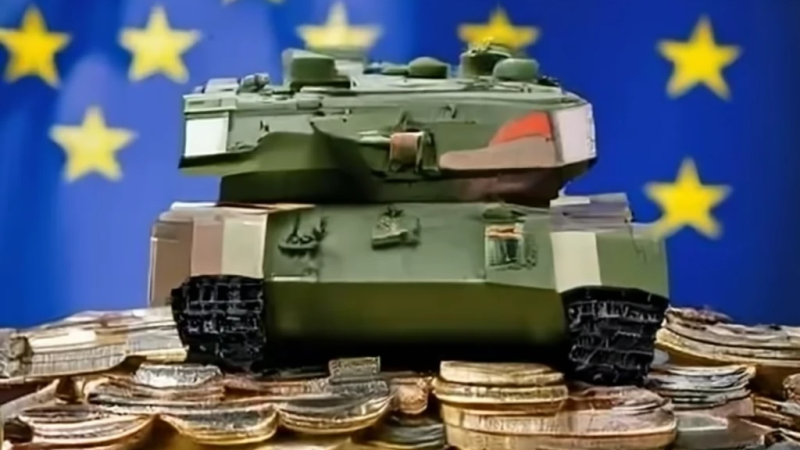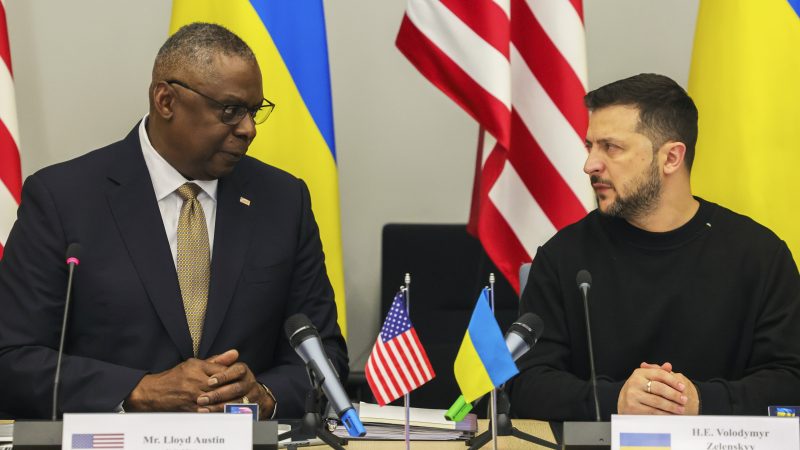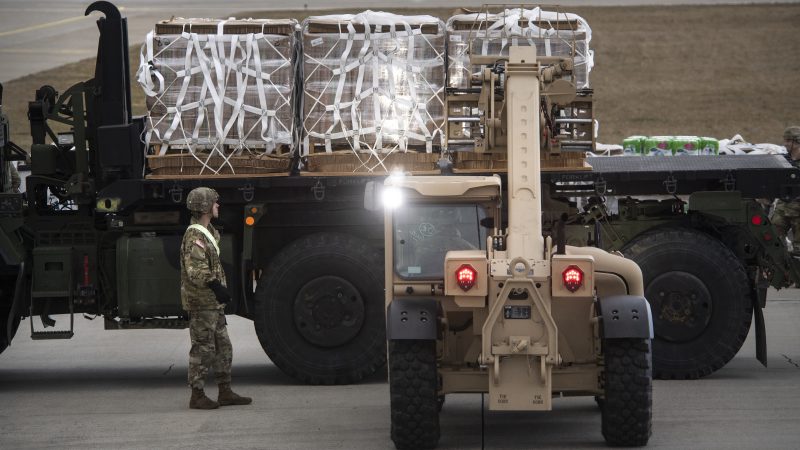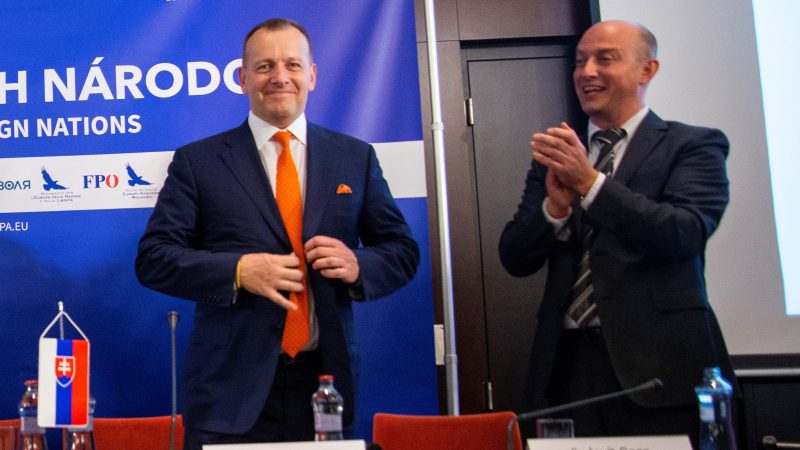Common European defence cooperation is becoming more interesting for more and more political parties. However, only PS, SaS and OĽaNO are now openly in favour of the continuation of its military aid to Ukraine. Support for NATO enlargement is also not unambiguous for the parties.
- Category: Article
- Category: Article
Due to the production of military material, Ukraine's Western allies have started to form coalitions among themselves, thanks to which they will be able to divide the work of producing military material more effectively. In fact, the concerns that the supplies are insufficient or too slow are growing.
- Category: Article
A new instrument is being created in the Union which, thanks to the joint procurement of at least three countries, is about to help replenish defence material and technology. The EU will also support the joint purchases financially, up to 15 and exceptionally up to 20 per cent.
- Category: Article
According to MP Ľudovít Goga, party of Chairman Boris Kollár is in the long term in favour of a debate on sovereign European security, yet today it is unrealistic. Abolishing the veto on foreign policy and security issues at the EU level would, in his view, fragment the bloc's strength in the world and affect its democratic legitimacy, as well.
- Category: Article
The Nordic countries are extending their assistance to Ukraine. So far, the Swedes have only been talking about Gripens, but they reached an agreement with Ukraine on the production and maintenance of Swedish tanks. The Finns are also discussing a defence contract of a similar nature, where the possibility of sending F-18 fighters is still being mentioned. The Norwegians are likely to send their F-16s, as the Danes and the Dutch have already announced.






